I plan to provide care to hospitalized patients while collaborating with Rwandan healthcare professionals at all training levels. Additionally, I will assist in teaching medical students during their internal medicine rotation by reviewing clinical examination findings and discussing common laboratory and diagnostic tests through case presentations.
The goal of this initiative is to enhance medical care by integrating diverse perspectives and techniques from different healthcare systems to improve patient care and outcomes. The collaboration between Rwanda staff and visiting staff will promote the exchange of ideas and practices that ultimately lead to improved patient care in the long run. Ultimately, this initiative aims to foster more innovative and effective healthcare practices in both Rwanda and the US by training and empowering the next generation of doctors.
This project will benefit visiting residents, in-house staff, and patients by enhancing healthcare practices and adaptability in resource-limited settings. It introduces alternative medical practices that expands the skillset of healthcare professionals and leads to better patient care.
The patient population in Kigali is particularly valuable because it offers exposure to infectious diseases and tropical medicine that are less commonly encountered in the U.S including disseminated TB, Dengue, malaria, typhoid, cysticercosis, and schistosomiasis. By studying and seeing a few of these illnesses, I hope to create presentations for medical students while applying this knowledge and caring for a patient population frequently exposed to such conditions.
This will provide an opportunity to deepen my expertise and better equip me to care for patients with similar conditions in the future.
The diversity of medical cases and the experience of delivering quality care amidst resource constraints will enrich the training for both in-house staff, helping them review and address common tropical diseases and visiting professionals like myself, broadening our understanding and capabilities in global health contexts.
The expected impact of this initiative is to foster collaboration and promote the exchange of knowledge and best practices through teaching and discussions, including case presentations and bedside examinations of common hospital admissions such as heart failure, COPD exacerbation, and pneumonia, as well as infectious diseases like HIV/AIDS, TB, and malaria. Ultimately, this will contribute to improved patient outcomes and provide a broader perspective on global healthcare. Additionally, it offers me the opportunity to assist the Rwandan people, potentially making a long-term impact on their health.
Upon my return, I plan to apply the experiences gained abroad to my work in the U.S. By integrating the insights I’ve gathered in Rwanda, I aim to implement resourceful practices that will enhance the quality of care I provide.
Moreover, given my interest in ID and global health, this opportunity will serve as a stepping stone to becoming a better physician, equipping me for future patients and medical mission trips.
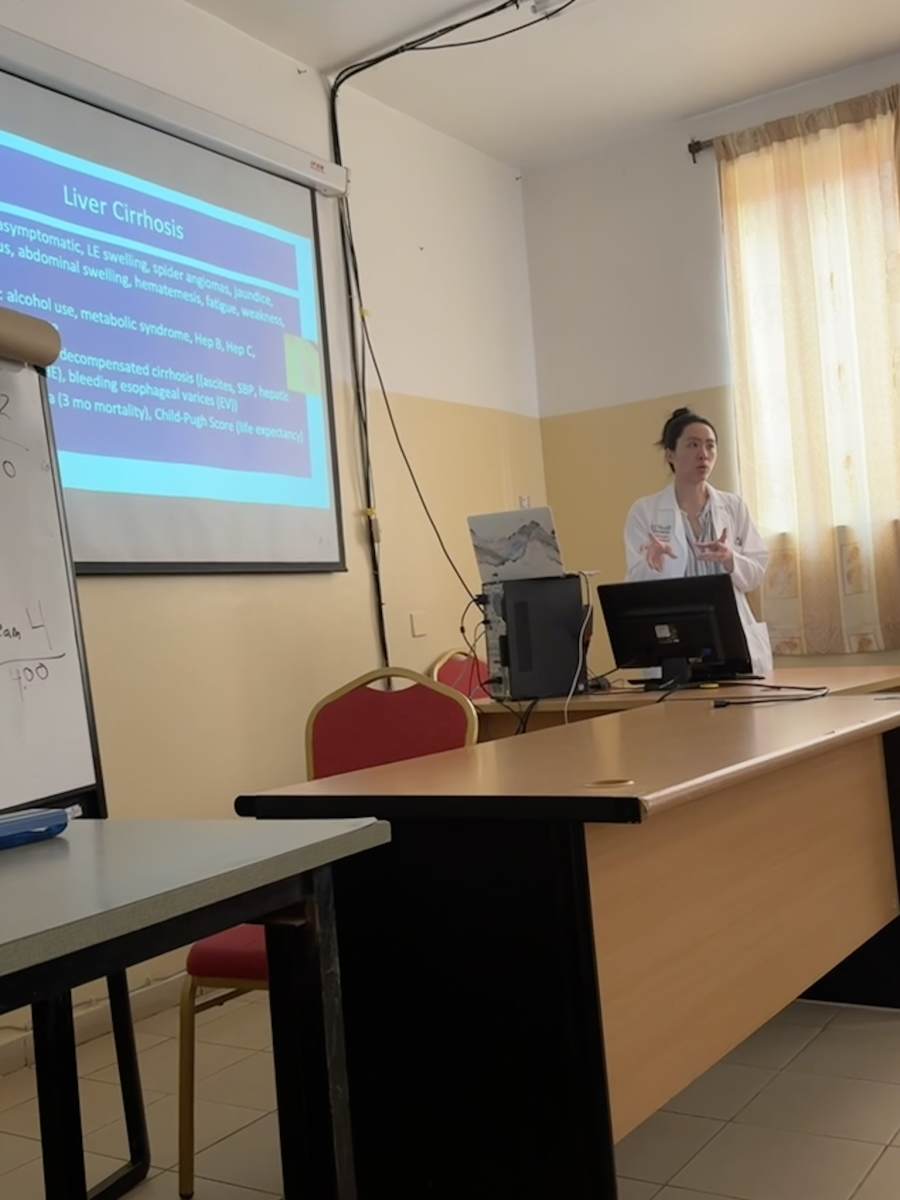
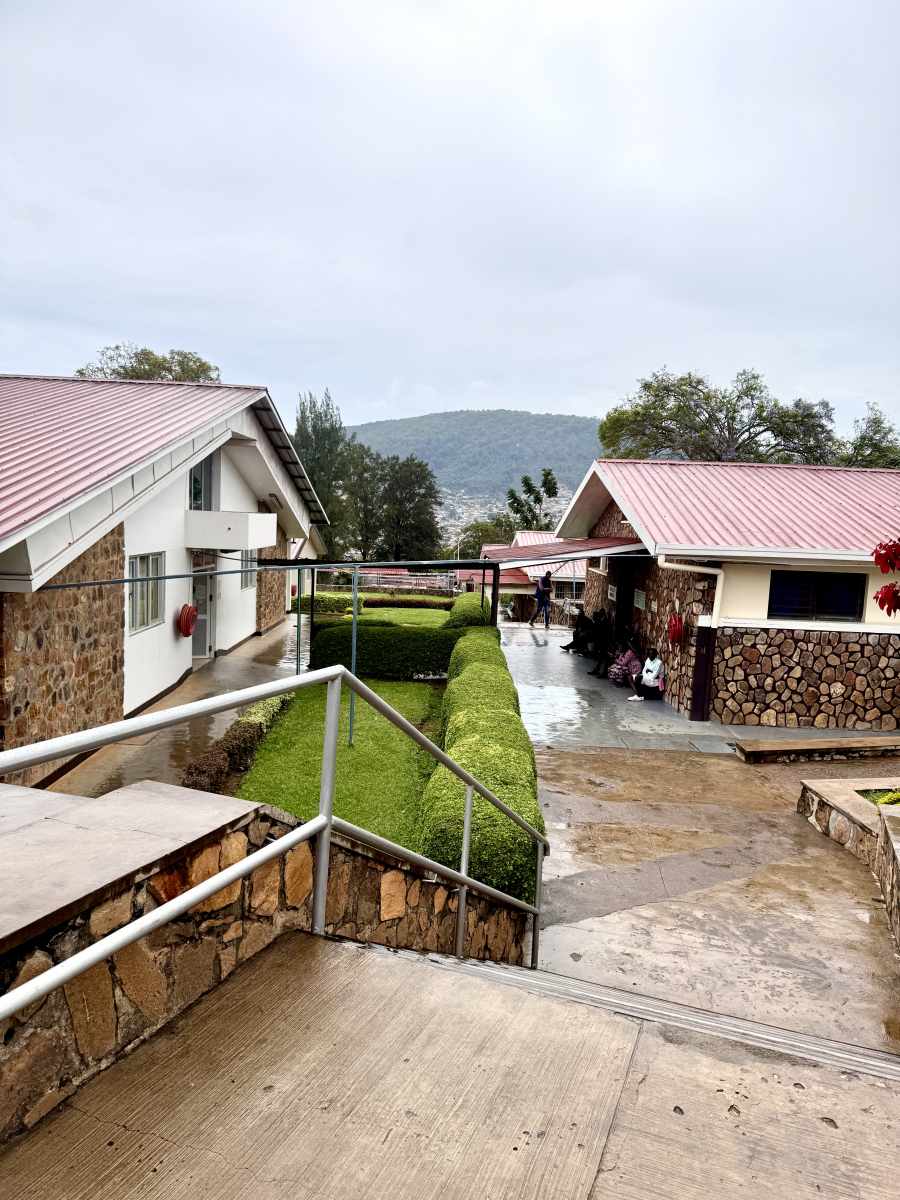


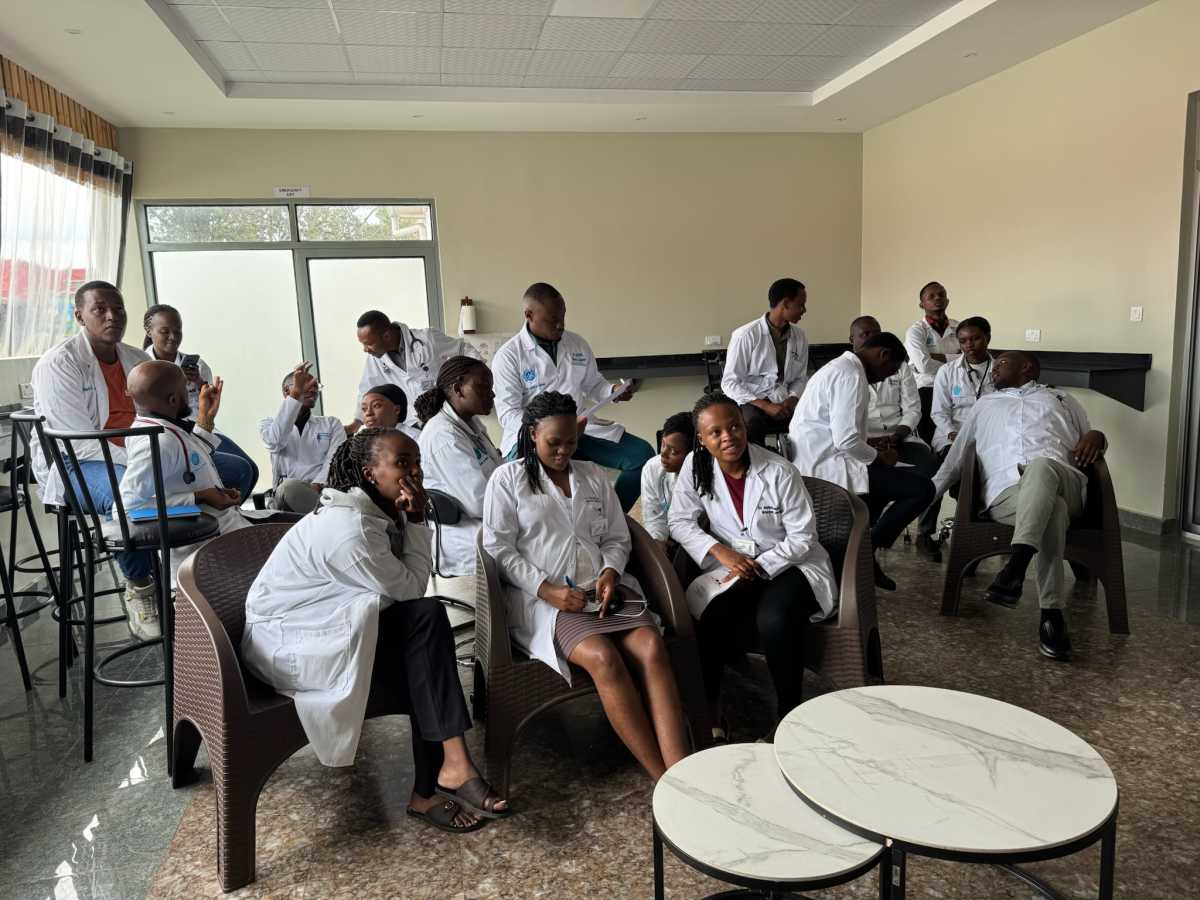

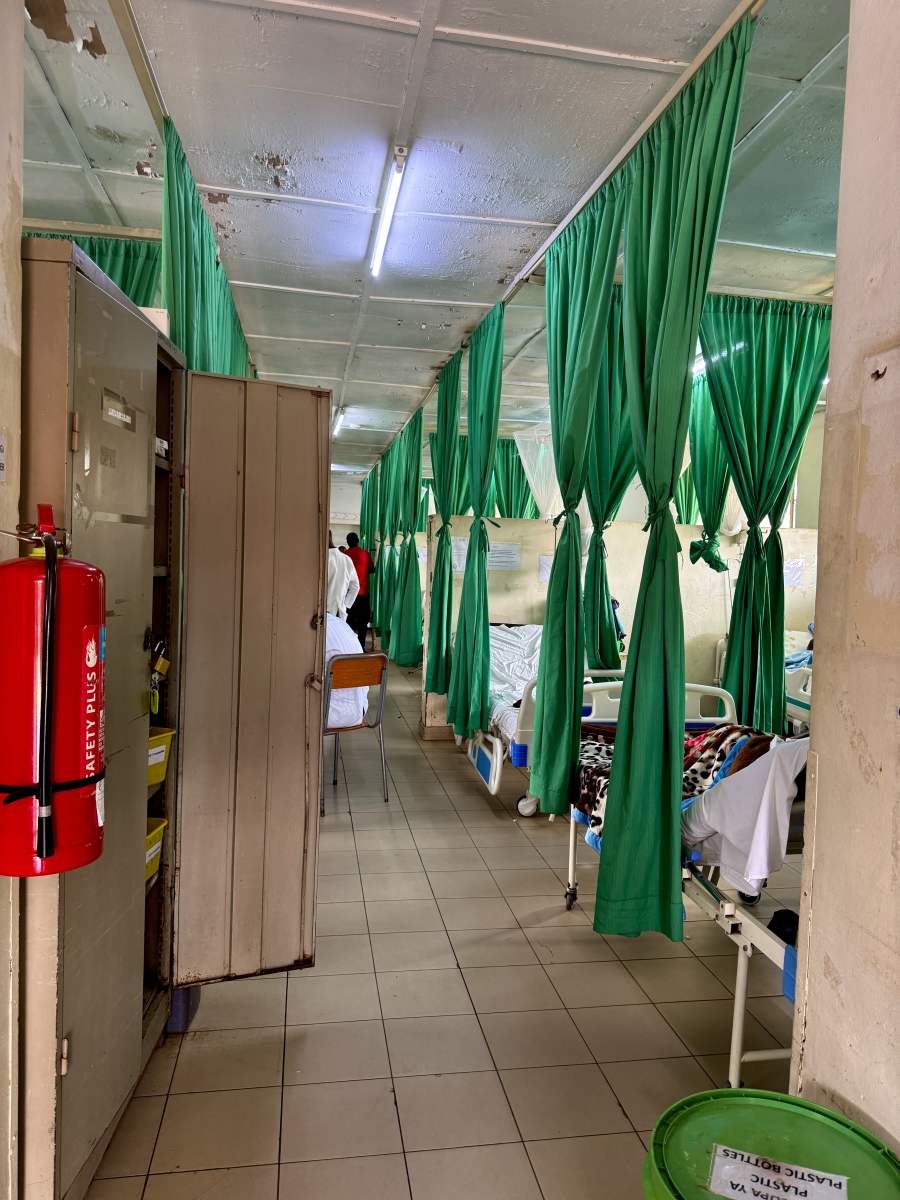


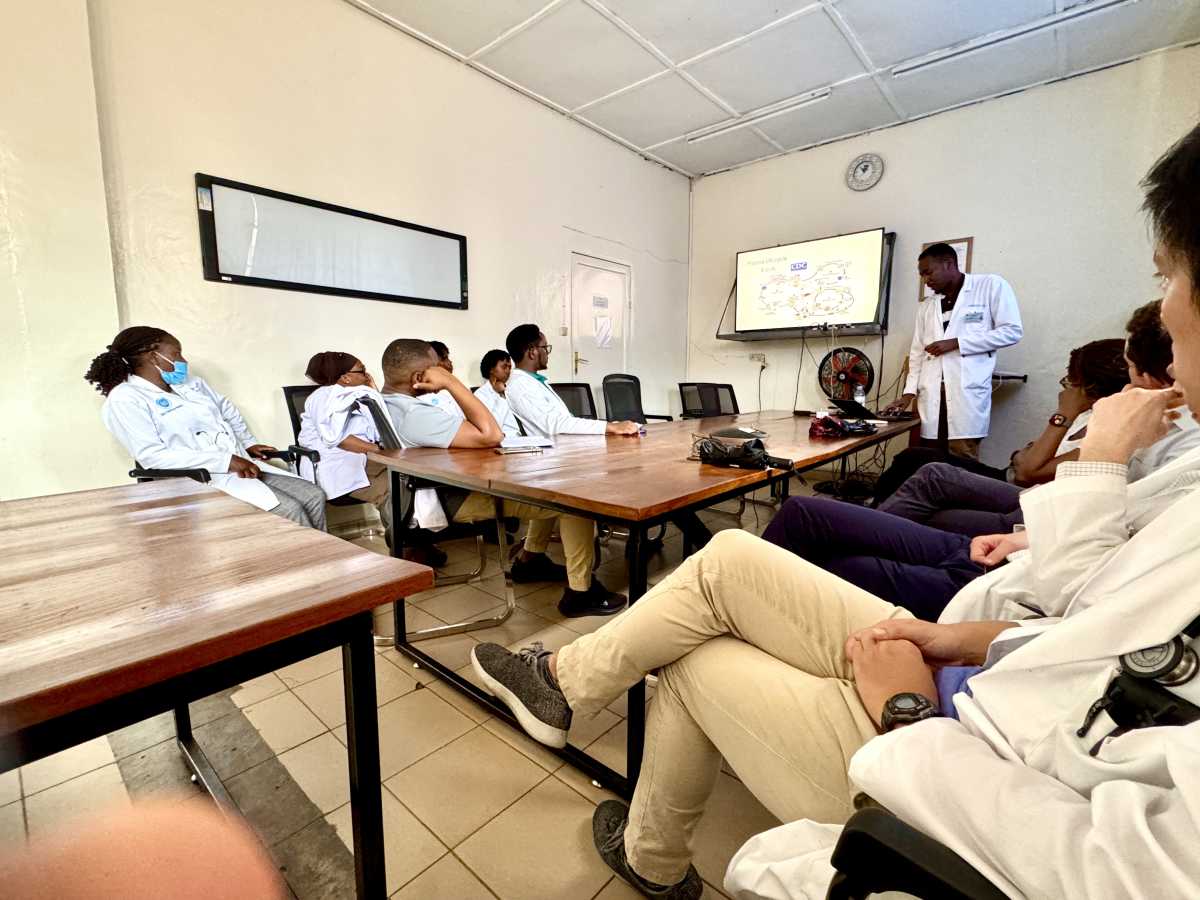


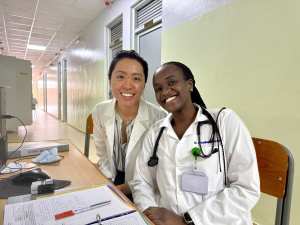







During my clinical experience in Kigali, I had the privilege of working alongside a few U.S. residents and collaborating with the Rwandan healthcare team at the Center University Hospital of Kigali (CHUK). I worked with attendings, residents, and medical students in the internal medicine wards, where I took on a teaching role—delivering lectures, supervising ward teams, and oversaw student presentations on various topics. I also contributed to patient care by supporting clinical decision-making, coordinating consultations, and assisting in the care of at least 30 patients during this experience.
This experience immersed me in a different healthcare system and deepened my understanding of the challenges faced in low-resource settings. Despite limited resources, the dedication of the healthcare providers was inspiring. They worked creatively and collaboratively to ensure patients received appropriate care, often overcoming financial barriers through teamwork and support from social workers.
Beyond the hospital, I learned about Rwanda’s culture, history, and language, which enriched my understanding of the patient experience. Exposure to prevalent regional diseases such as malaria, TB, and rheumatic fever broadened my clinical perspective.
I’m grateful to the Doximity Foundation for the opportunity to take part in this global health experience. It has strengthened my clinical and teaching skills, expanded my worldview, and inspired me to continue pursuing global health work in the future.